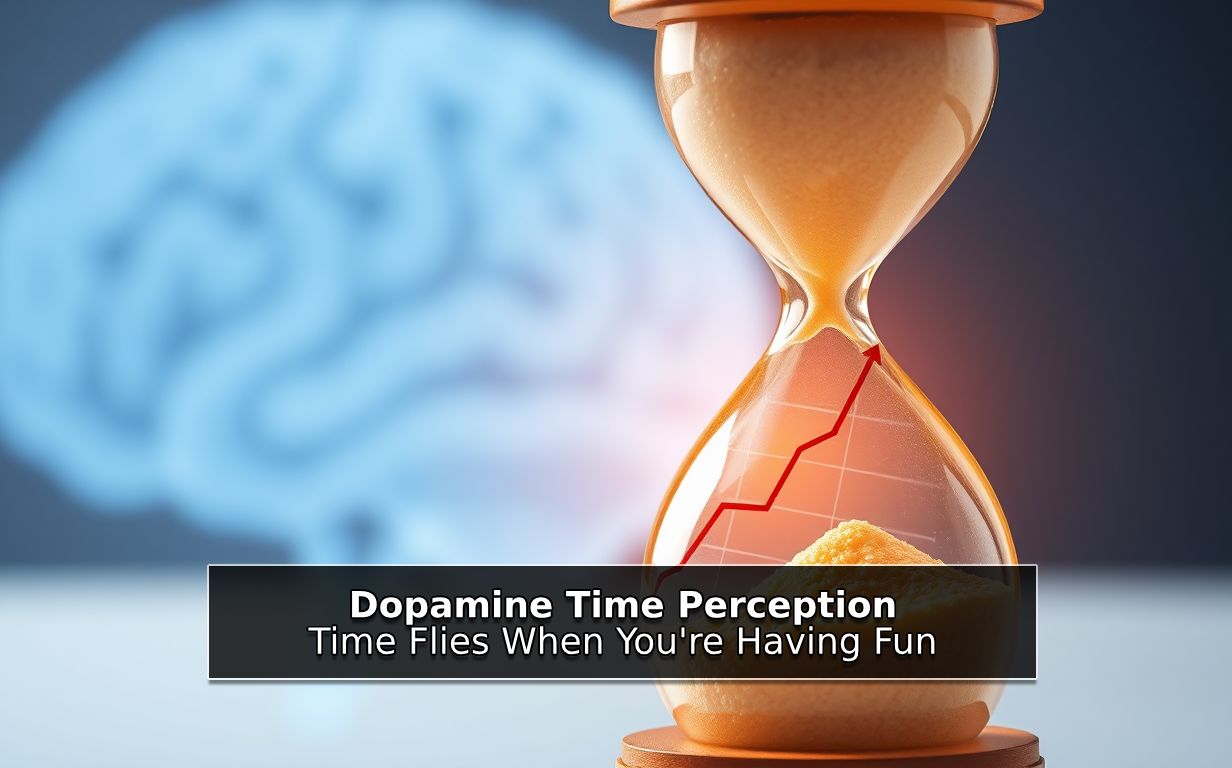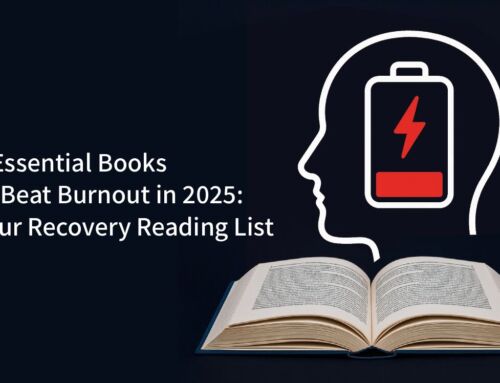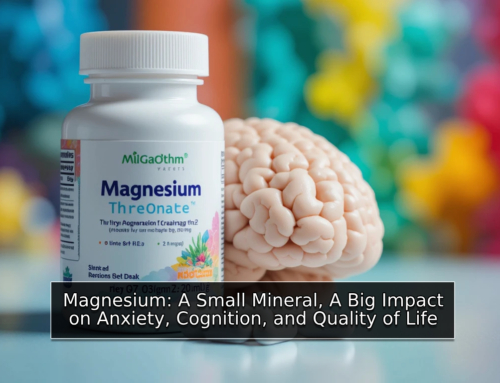Time Flies When You're Having Fun – Dopamine Time Perception
Have you ever felt like time just slips away? Moments of deep joy, like traveling abroad or spending time with loved ones, seem to fly by, while mundane tasks drag on endlessly. This phenomenon, known as subjective time perception, isn't just a personal feeling but a complex interplay connected to our brain's functions, particularly the neurotransmitter dopamine.
Dopamine: Our Biological Clock
Dopamine, often referred to as the "feel-good" chemical, plays a crucial role in our brain's reward system. When we engage in pleasurable activities or achieve a goal, the brain releases dopamine, making us feel good and motivating us to repeat that behavior.
Research has shown a direct link between dopamine levels and our perception of time:
- High dopamine levels: When we're engaged in stimulating and challenging activities, the brain releases large amounts of dopamine. In this state, time seems to pass more quickly as our brain is busy processing a lot of information.
- Low dopamine levels: When we perform routine or boring tasks, dopamine levels are lower, and time seems to drag on.
Why does this happen?
The explanation lies in how our brain encodes memories. When we experience intense and novel events, the brain creates more neural connections, leading to richer and more detailed memories. As a result, when we try to recall the event, it seems to have lasted longer, even if it was short in reality.
Dopamine, Purpose, and Motivation
The connection between dopamine and time perception doesn't end there. When we engage in activities that align with our values and purpose, the brain releases large amounts of dopamine, increasing our motivation to continue and progress.
Why is this so important?
- Sense of fulfillment: When we do what matters to us, we experience a deep sense of satisfaction that nourishes the soul and boosts our energy levels.
- Coping with challenges: When driven by meaning, we can better handle challenges and difficulties.
- Resilience: People with a sense of purpose report higher levels of resilience and resistance to stress.
Dopamine, ADHD, and the Experience of Time
Interestingly, research has linked low dopamine levels to Attention Deficit Hyperactivity Disorder (ADHD). People with ADHD often struggle to focus on uninteresting tasks and experience deep boredom. Could it be that the lack of dopamine makes periods of boredom feel longer and even unbearable?
The connection between dopamine and boredom is intriguing and complex. It's possible that when dopamine levels are low, the brain constantly seeks new stimuli to raise dopamine levels and avoid boredom. This might explain why people with ADHD tend to switch between activities and have difficulty staying focused on a single task for an extended period.
The Connection to ACT and CBT Therapies
Cognitive-behavioral therapies, such as ACT and CBT, help us identify the thoughts and behaviors that limit us and develop new strategies for coping with difficulties.
How can these therapies help us increase dopamine levels and feel more fulfilled?
- Defining values: Therapies help us define the values that are important to us in life and encourage us to act accordingly.
- Coping with negative thoughts: Therapies provide us with tools to cope with negative thoughts and obstacles, allowing us to focus on our goals.
- Developing new habits: Therapies help us develop new and supportive habits that lead us towards self-fulfillment.
In conclusion
Dopamine plays a central role in our perception of time and our motivation to act. By understanding the connection between dopamine, purpose, and cognitive-behavioral therapies, we can improve our quality of life and feel more fulfilled.
Note: This post is for informational purposes only and should not be considered a substitute for professional medical advice.
Contact now
Ready to take the first step towards positive change? Contact me now for more information and to schedule an appointment. Whether you prefer in-person sessions in Tel Aviv or virtual meetings via Zoom, my integrated approach of Cognitive Behavioral Therapy (CBT) and Acceptance and Commitment Therapy (ACT) can help you break free from struggles and find greater fulfillment in life. I'll be sure to get back to you as soon as possible. Let's embark on this transformative journey together!
Call Whatsapp 052-2325511
Or fill out the following form.
Can ACT and CBT assist you or your loved ones?
Welcome to my therapy practice, where I offer a powerful combination of Cognitive Behavioral Therapy (CBT) and Acceptance and Commitment Therapy (ACT) techniques. CBT is a goal-oriented, short-term approach that's highly effective for anxiety, depression, low self-confidence, and more. ACT complements CBT, helping you navigate life's challenges and find fulfillment and authentic, happier life.
If you're struggling with anxiety, depression, low self-image, or facing setbacks, CBT combined with ACT may be the key to transforming your life. Break free from the struggle and take a step towards a happier, more fulfilling life.
Contact me today to schedule an appointment and embark on your journey of positive change. You don't have to face it alone; I'm here to support you every step of the way. Let's work together to create the life you deserve!





